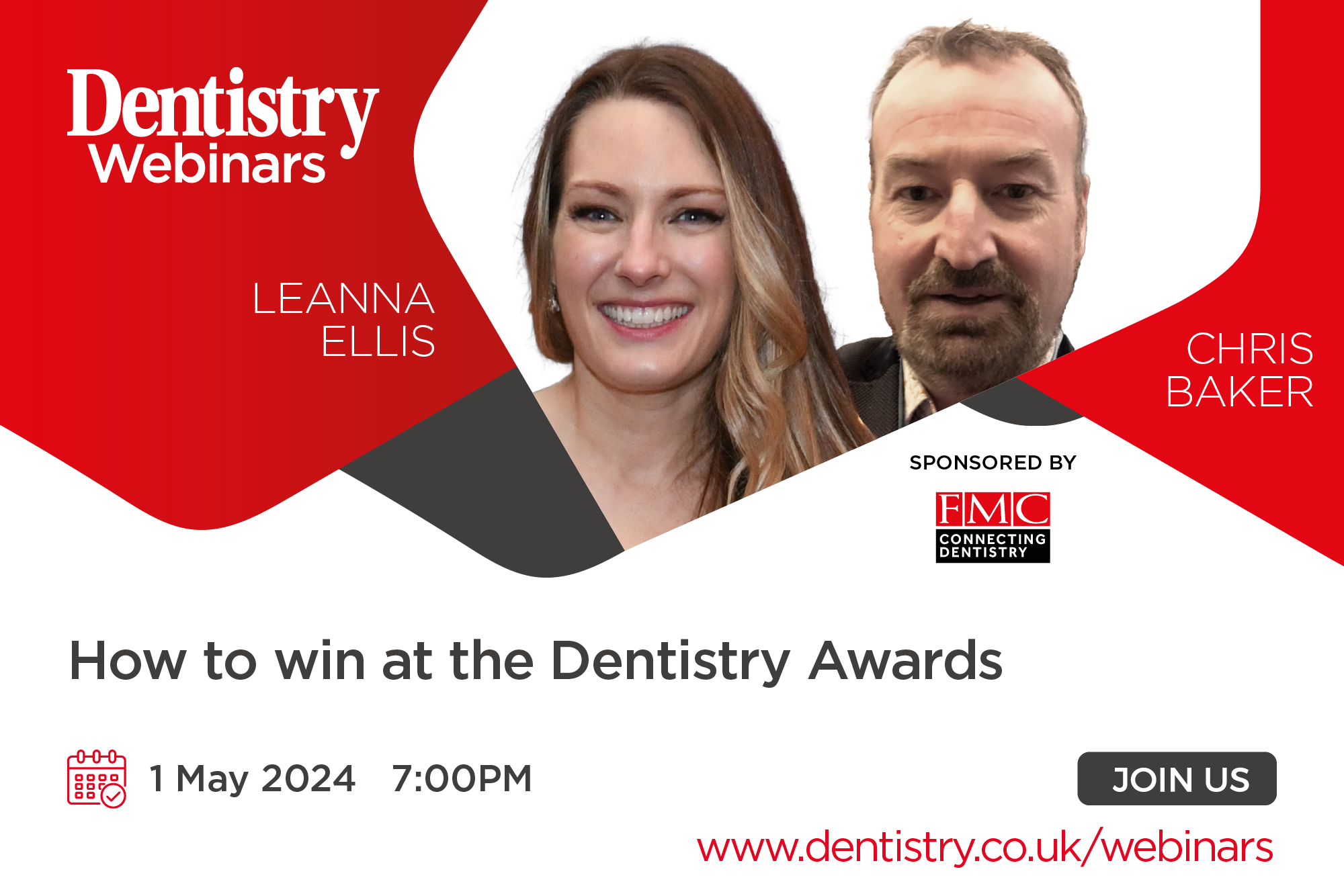
Artificial intelligence technologies are being rapidly deployed in healthcare without a full understanding of how they may perform, says the World Health Organization (WHO).
The WHO has released a new publication listing key regulatory considerations AI for healthcare. The report documents the importance of establishing AI systems’ safety and effectiveness.
While it recognises the potential of AI in enhancing health outcomes, the WHO suggests AI systems are sometimes rapidly deployed without a full understanding of how they may perform.
As a result, this could either benefit or harm end users, including healthcare professionals and patients.
Regulating AI
‘Artificial intelligence holds great promise for health,’ said Dr Tedros Adhanom Ghebreyesus, WHO director-general.
‘But also comes with serious challenges, including unethical data collection, cybersecurity threats and amplifying biases or misinformation.
‘This new guidance will support countries to regulate AI effectively to harness its potential, whether in treating cancer or detecting tuberculosis, while minimising the risks.’
The publication highlights six areas for regulation of AI for health:
- Transparency and documentation – documenting the entire product lifecycle and tracking development processes
- Risk management – issues like ‘intended use’, ‘continuous learning’, human interventions, training models and cybersecurity threats must all be comprehensively addressed, with models made as simple as possible
- Validating data and being clear about the intended use of AI helps assure safety and facilitate regulation
- Data quality – rigorously evaluating systems pre-release is vital to ensuring systems do not amplify biases and errors
- The challenges posed by important, complex regulations are addressed with an emphasis on understanding the scope of jurisdiction and consent requirements. An example is General Data Protection Regulation (GDPR) in Europe
- Collaboration between regulatory bodies, patients, healthcare professionals, industry representatives and government partners. This can help ensure products and services stay compliant with regulation throughout their lifecycles.
The new publication aims to outline key principles that governments and regulatory authorities can follow. This will help them to develop new guidance or adapt existing guidance on AI at national or regional levels.
Follow Dentistry.co.uk on Instagram to keep up with all the latest dental news and trends.



